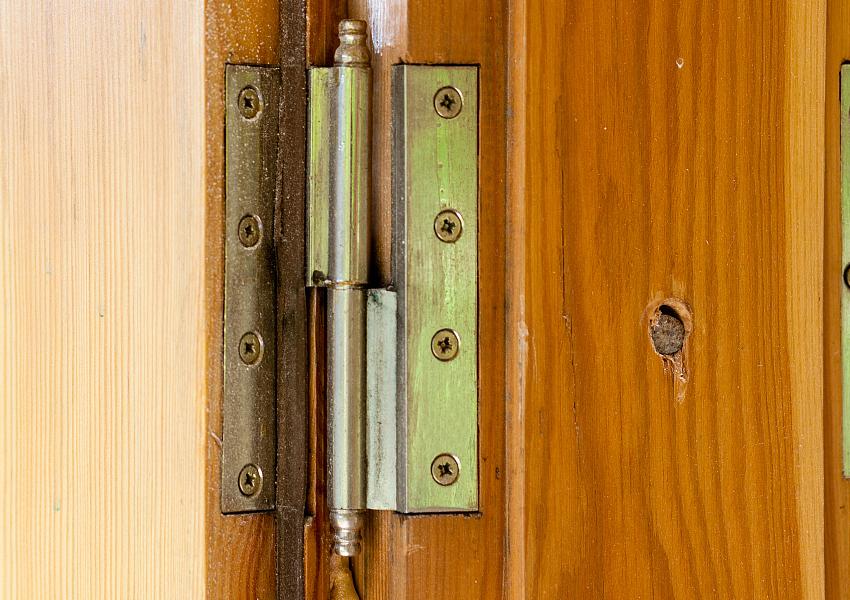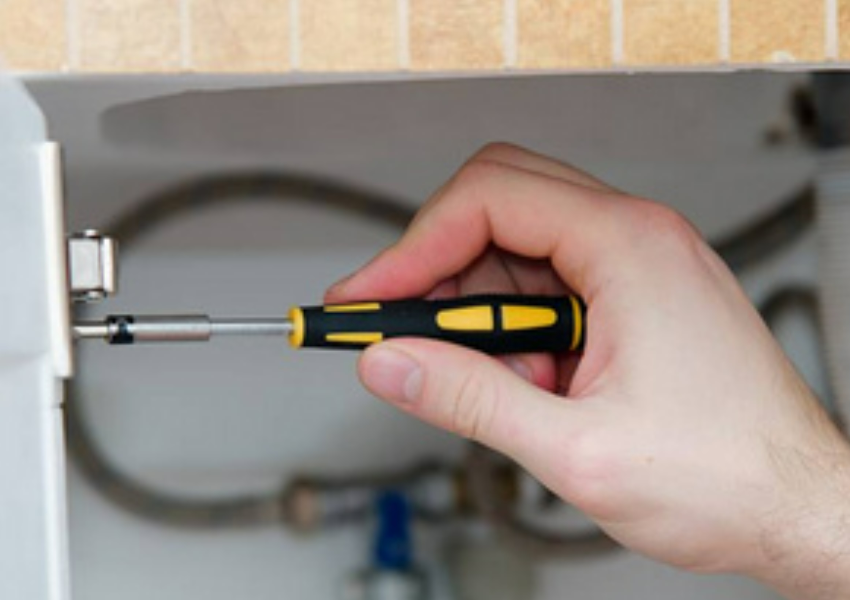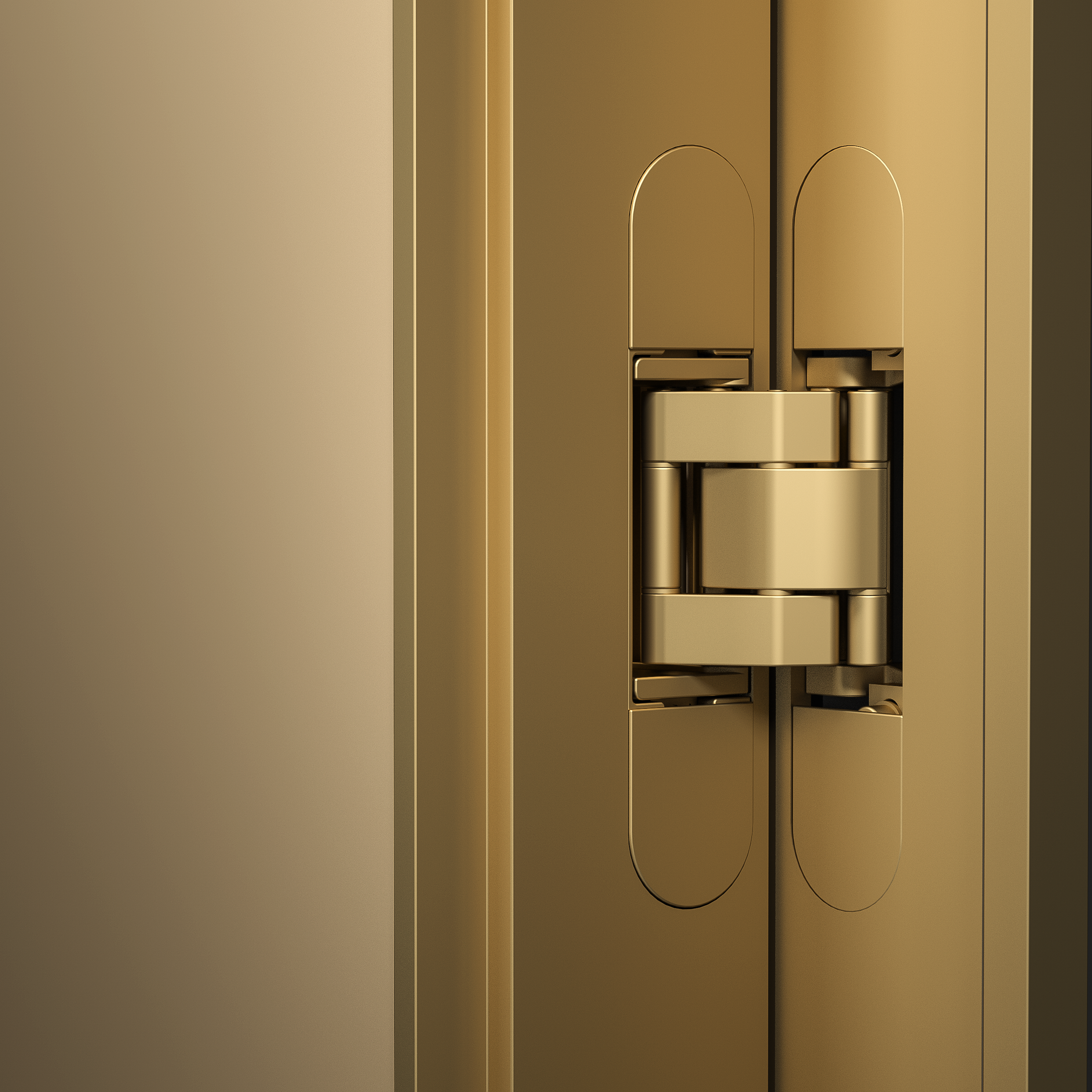Why Do Doors Squeak?
Usually caused by the following reasons:
Dry or dirty hinges – metal to metal friction will increase due to lack of lubrication or dirt accumulation in the hinges.
Loose screws – the screws on the hinge will move if they are not tightened correctly.
Rust or corrosion – in humid areas, excessive moisture in the air will lead to oxidation, rust and paint peeling of door hinges, increasing friction.
Door misalignment – uneven pressure on the hinges can produce grinding noise.
Cheap or worn hardware – low quality hinges wear faster.
quick and simple repair method (step by step)
Solution 1: lubricate the hinge
Best lubricant:
Silicone spray (best for long-term protection)
WD-40 (fast repair, but not durable)
Vaseline (if no spray)
Usage:
Open the door fully.
Spray/lubricate hinge pin (hinge Center) with lubricant.
Move the door back and forth to evenly distribute the lubricant.
Wipe off excess lubricant to avoid dirt accumulation.
Solution 2: Tighten Loose Screws
Tools Needed: Phillips screwdriver or drill.
Check all hinge screws (door and frame side).
Tighten any loose screws (but don’t overtighten!).
If screws won’t grip, use toothpicks + wood glue to fill holes.
Solution 3: Fix a Misaligned Door
Signs of Misalignment:
Door rubs against the frame when closing.
The screws of one hinge are tightened more tightly than those of the other hinges.
How to Adjust:
Loosen hinge screws slightly.
Reposition the door gently until it closes smoothly.
Retighten screws and test.
Solution 4: Replace Worn-Out Hinges
When to Replace:
Hinges are rusted beyond repair.
Squeaking returns immediately after lubrication.
Bonus: 30-Second Squeak Test
Push the door up slightly while opening.
If noise stops → Hinges are loose (tighten screws).
Lubricate one hinge at a time to find the noisy one.
Pro Tip: In order to keep silent for a long time, it is recommended to use IISDOO three-dimensional adjustable hydraulic hinge (with 17 years of door hardware manufacturing experience)
Post time: Apr-14-2025




